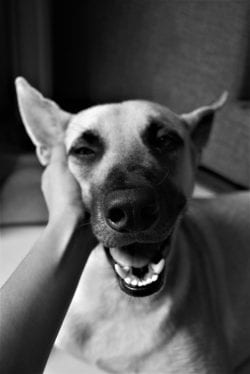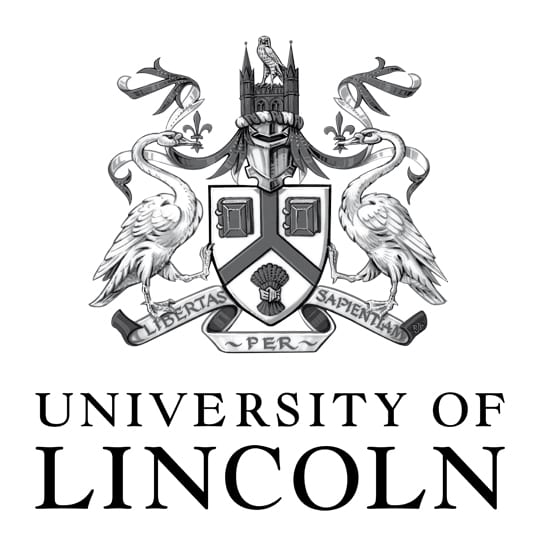
Call for Dogs – Investigating Physiological Markers of Arousal in Dogs
Dogs become aroused (alert, excited, awake) in situations that are stimulating in positive and negative ways, but which environments and situations are considered as positive? Which ones as negative? How can we reliably measure this arousal? This study will look at how dog behaviour and physiological changes in saliva composition are linked in response to positive situations, like toy play and petting, and negative situations, like denial of access to toys and separation.
What dogs are we searching for?
We are searching for toy motivated dogs of all breeds within the age range of 2-10years, without any history of separation related problems or rescource guarding and not suffering from dental diseases or arthirtis.
What will we do with your dog?
Your dog will participate in an experimental paradigm exposing him to two positive situations (toy play and petting) and two mild negative situations (denial of access to toy and short separation of social contact) for 3 minutes each and their behaviour will subsequently recorded for 30min. Additionally, we will take two saliva samples from your dog using cotton swabs.
What do we need from you?
1. You must be willing, to bring the dog to the Minster House at the University of Lincoln.
2. Your dog will be needed for 4 sessions, i.e. you have to bring him in several times.
3. You will leave the dog with us for about 1.5hours, so only a short time to miss you.
4. You need to bring your dog’s favourite toy with you.
If you would like further information please contact either;
Natasha on 17685753@students.lincoln.ac.uk
or Nicol on 17685109@students.lincoln.ac.uk
